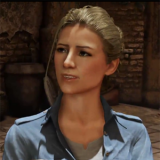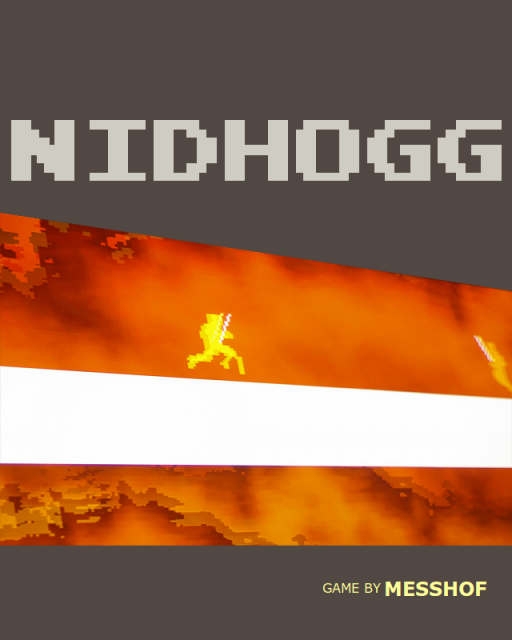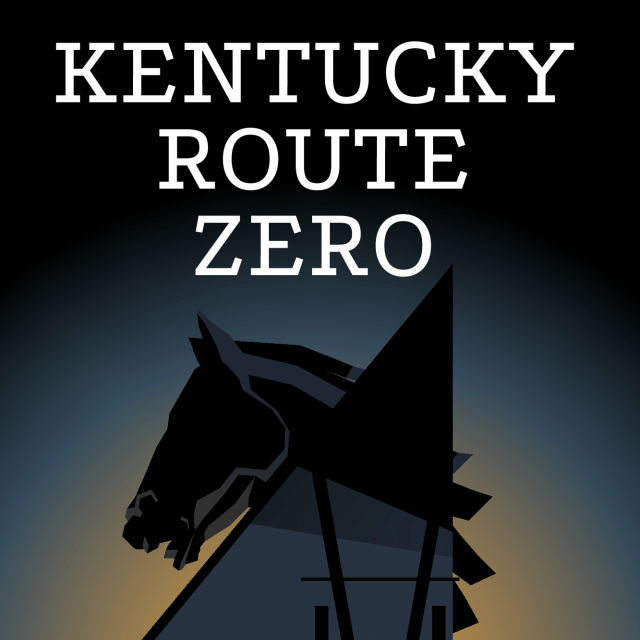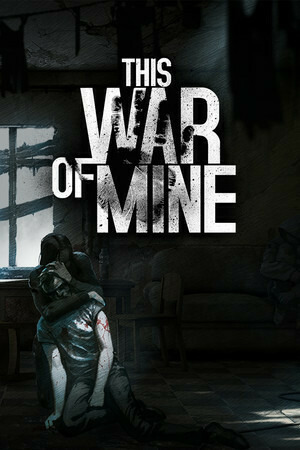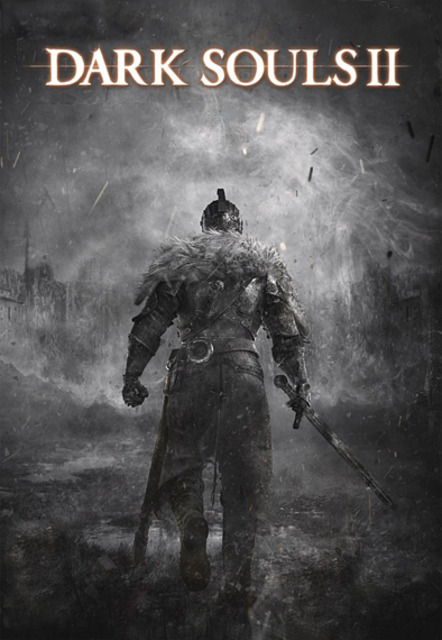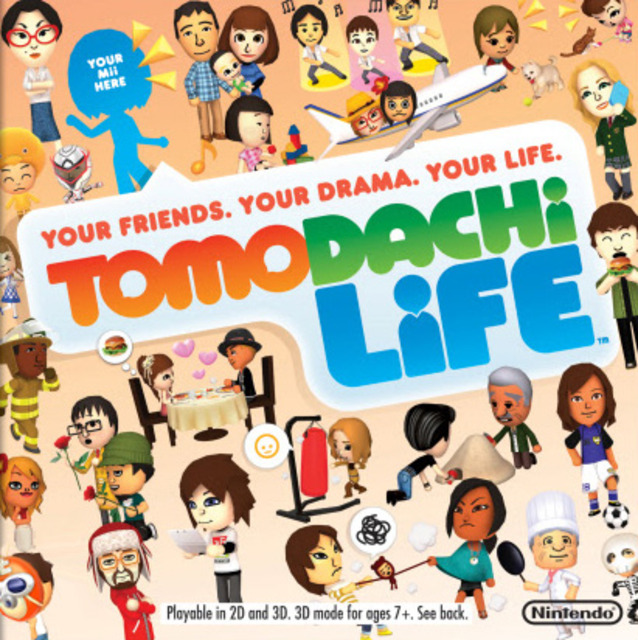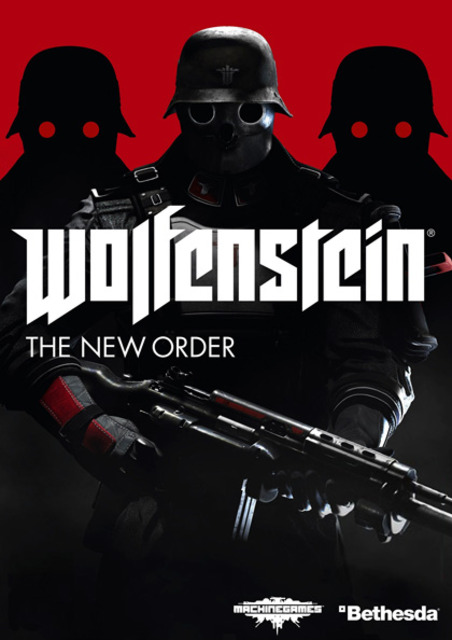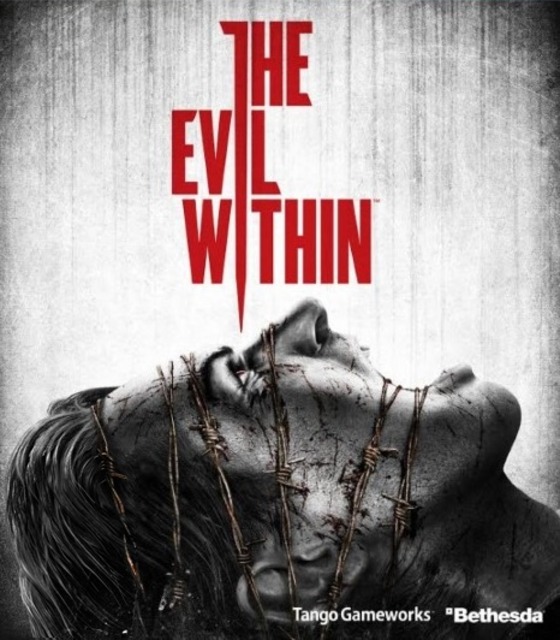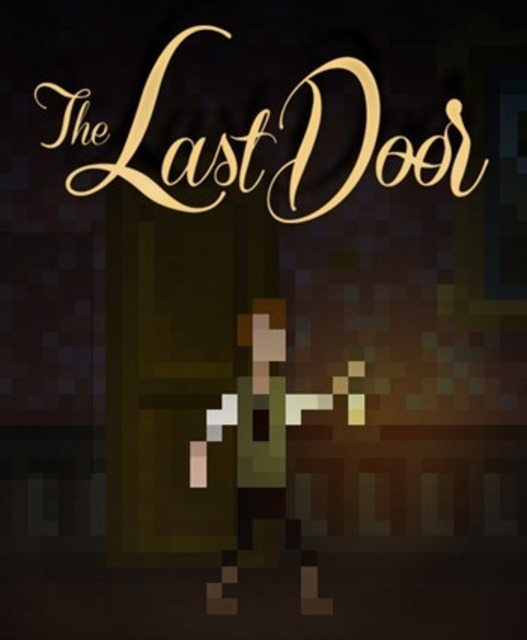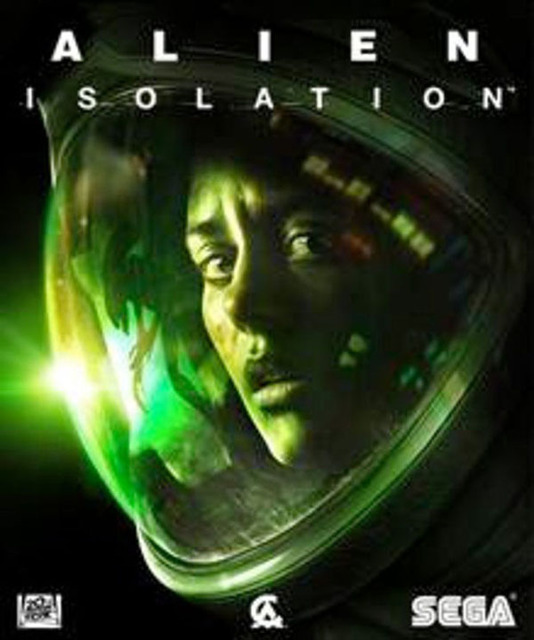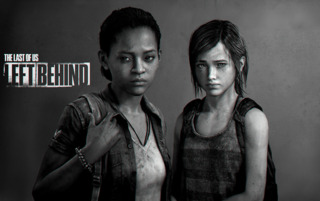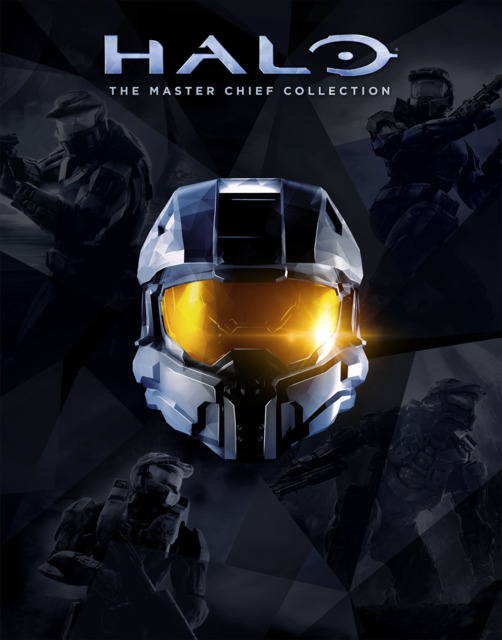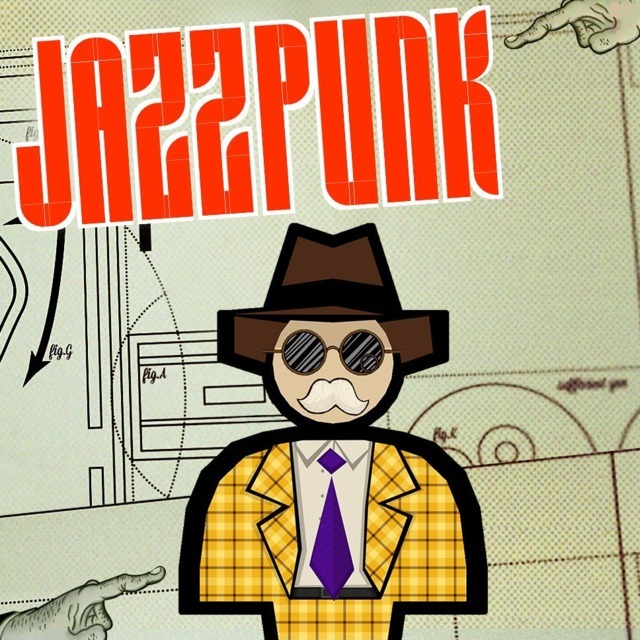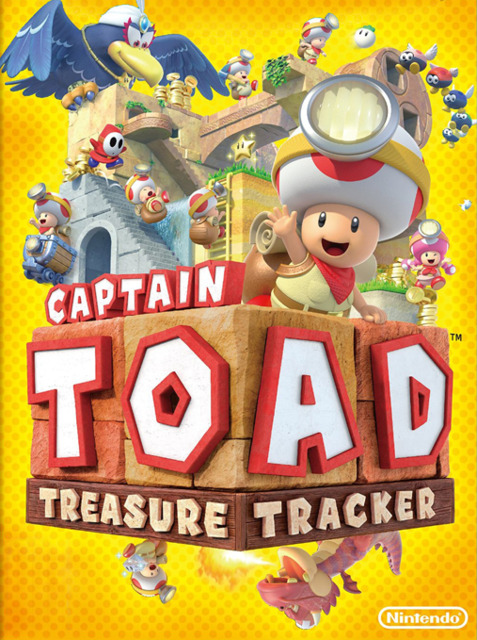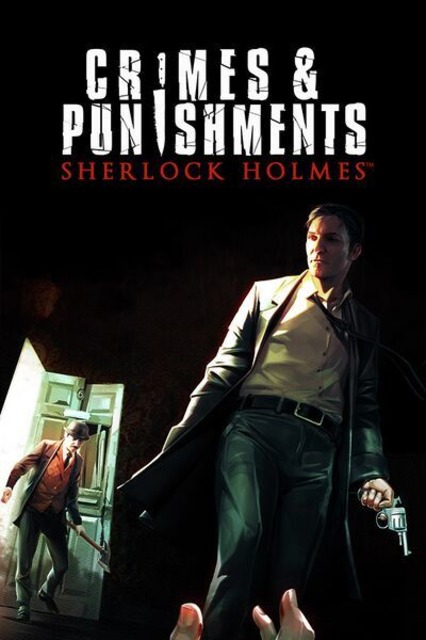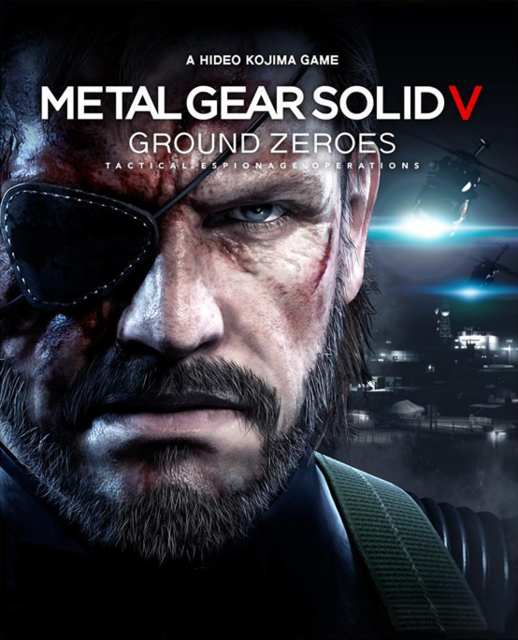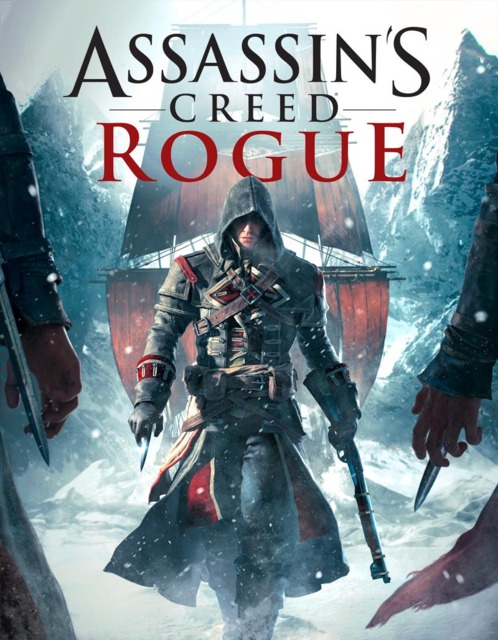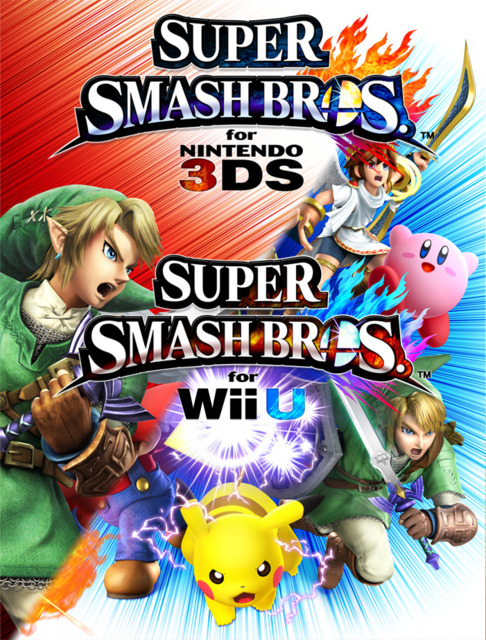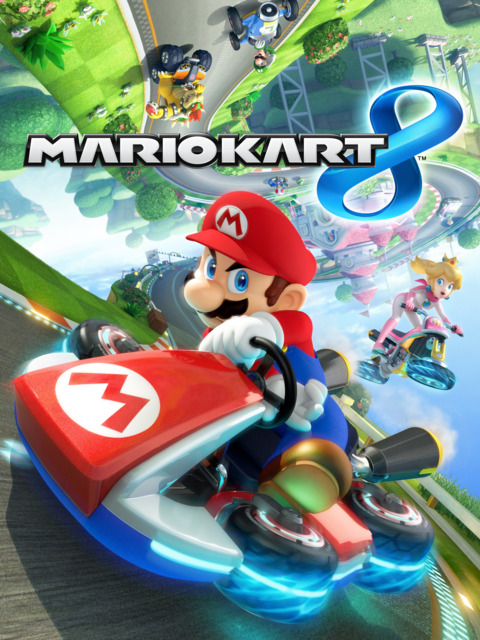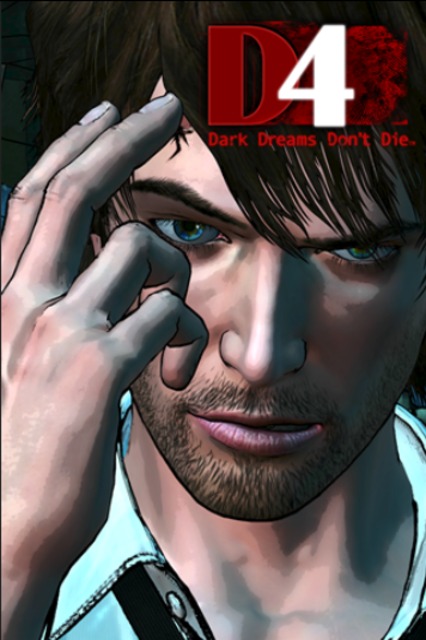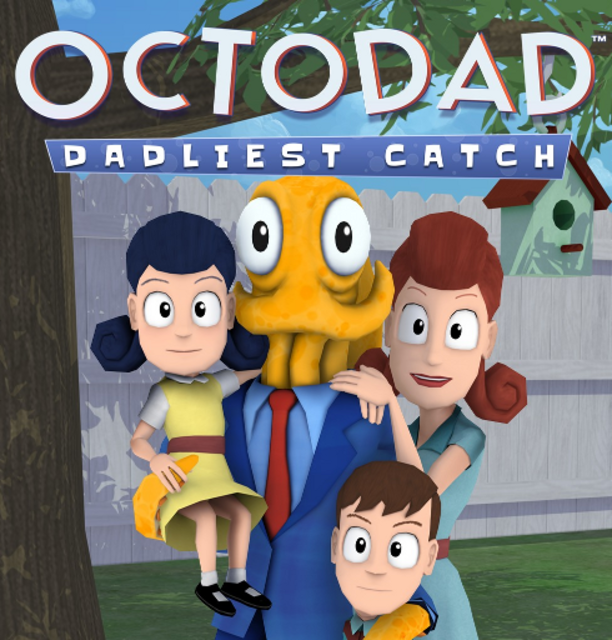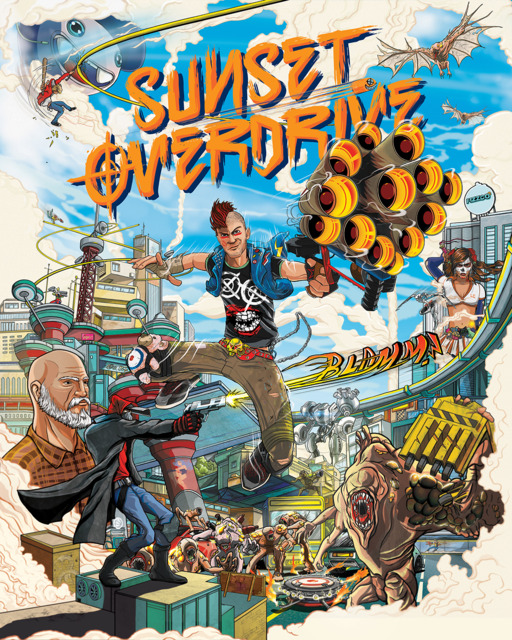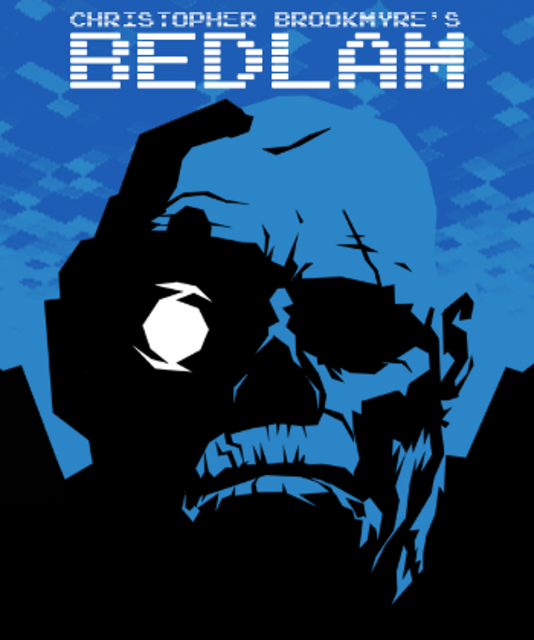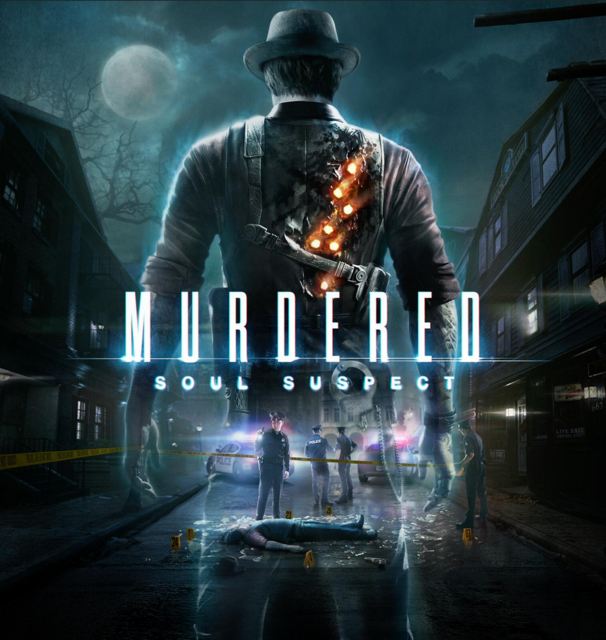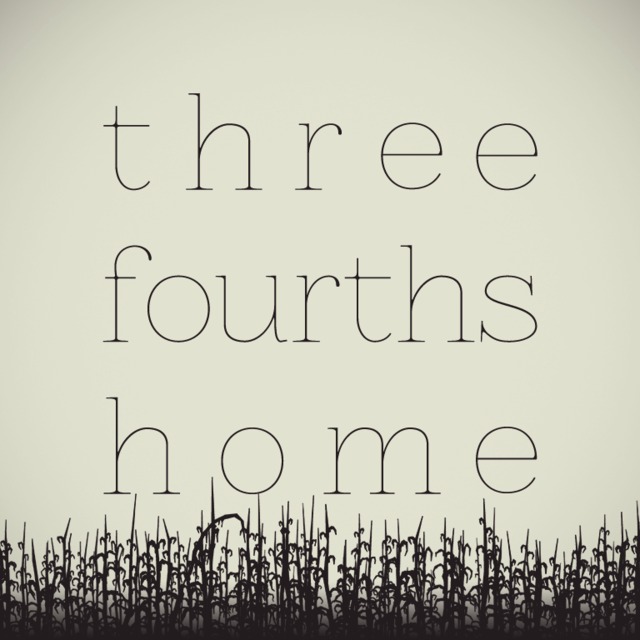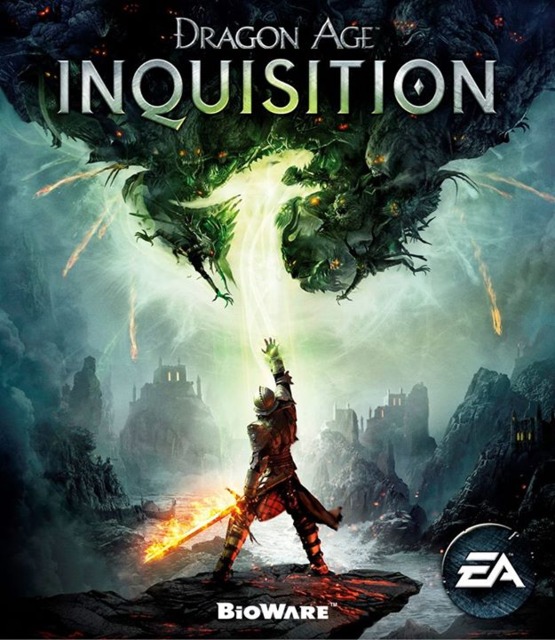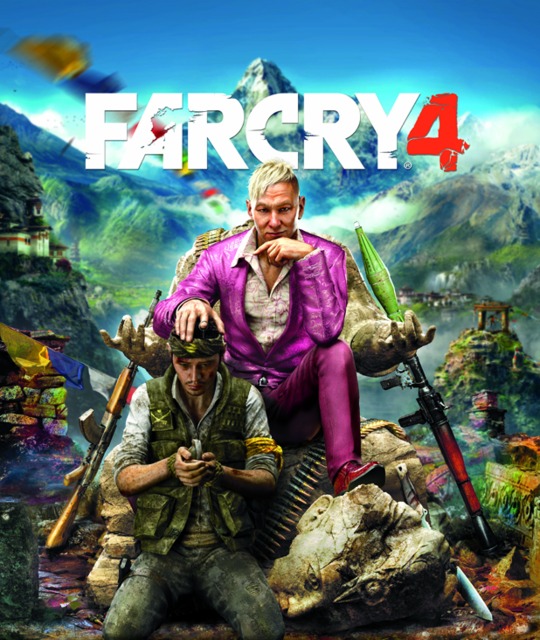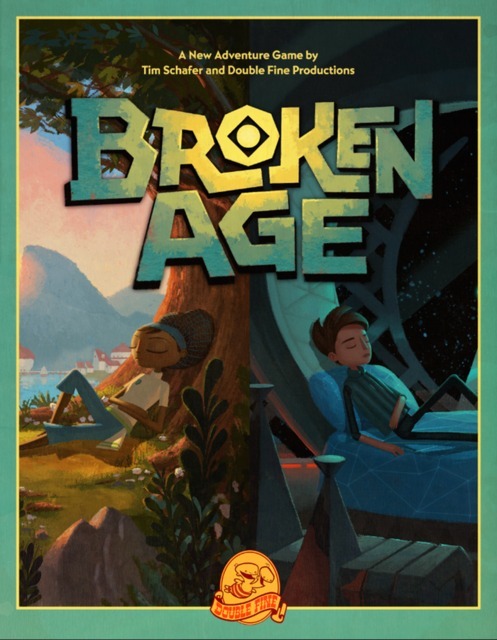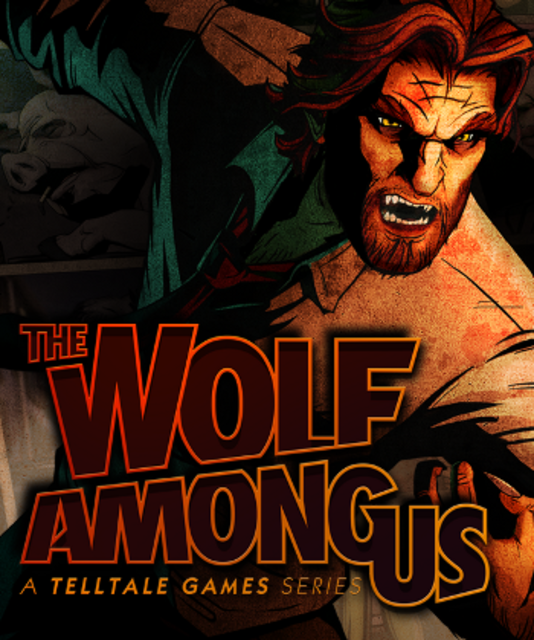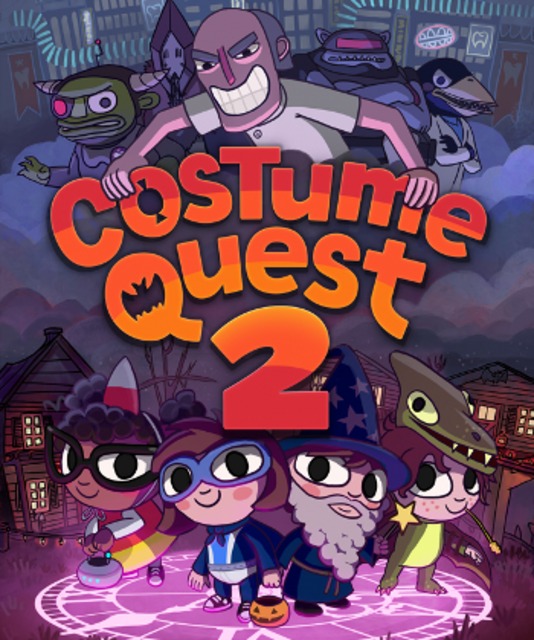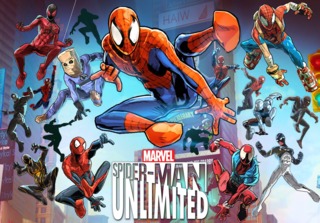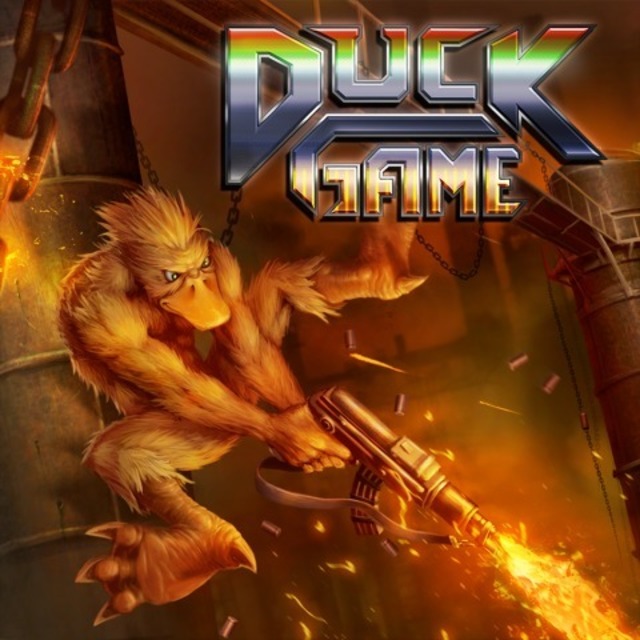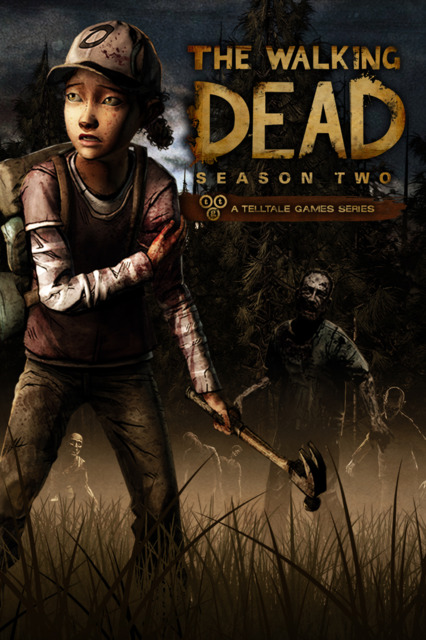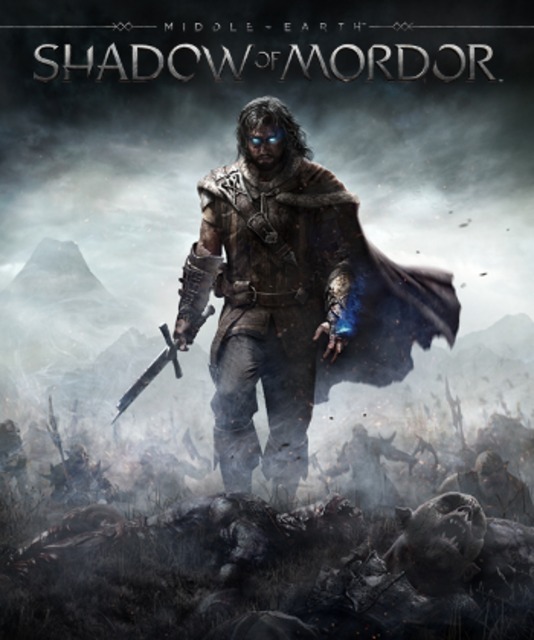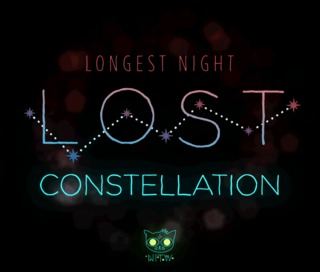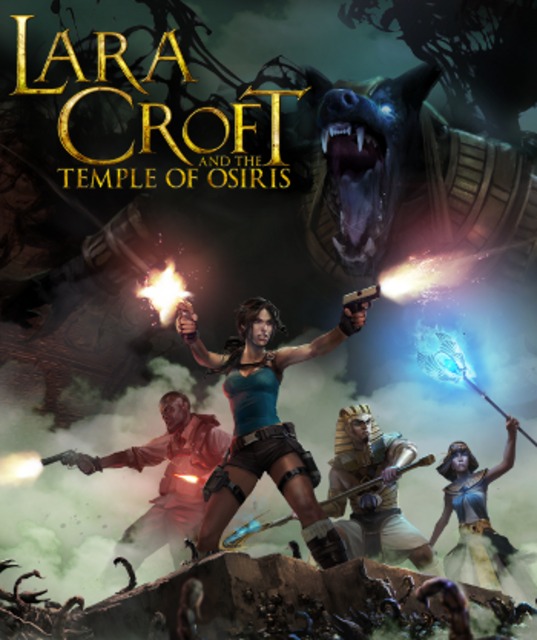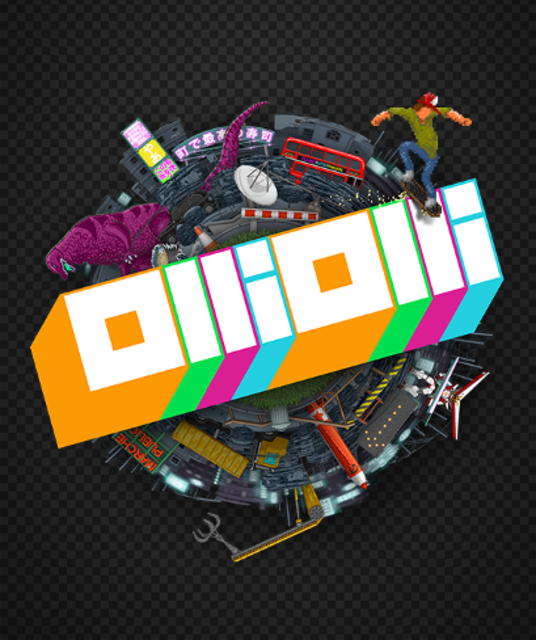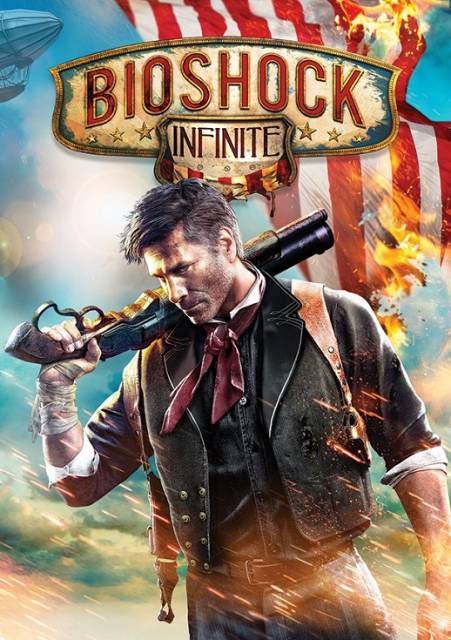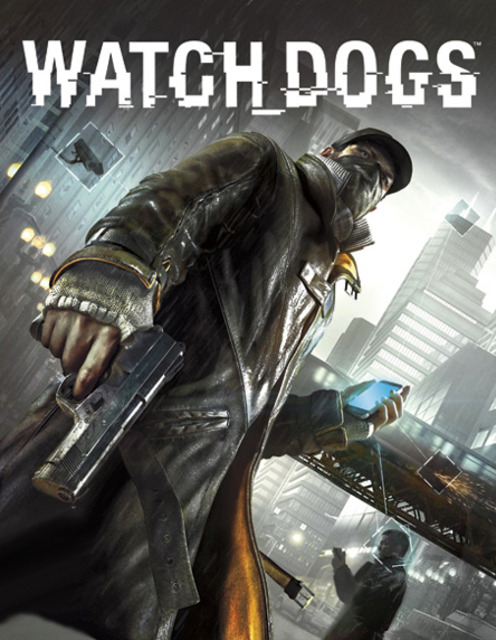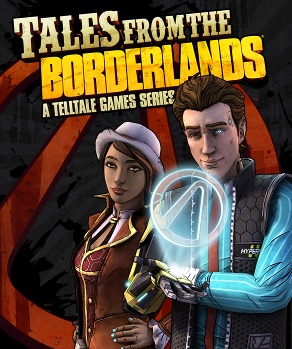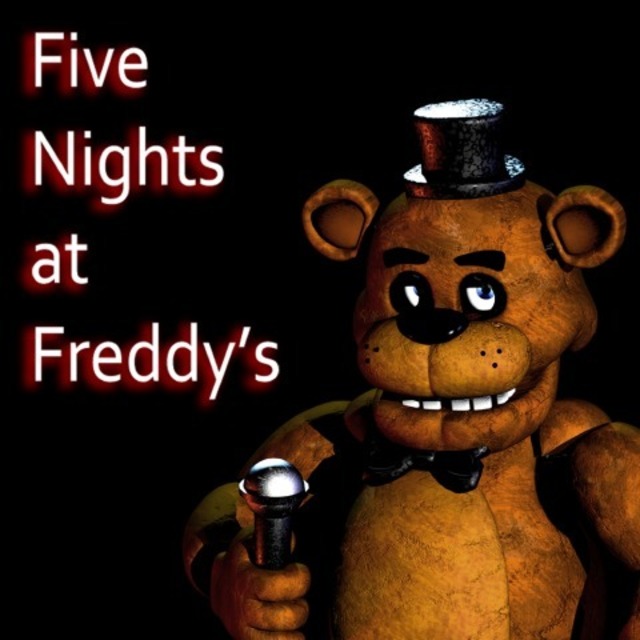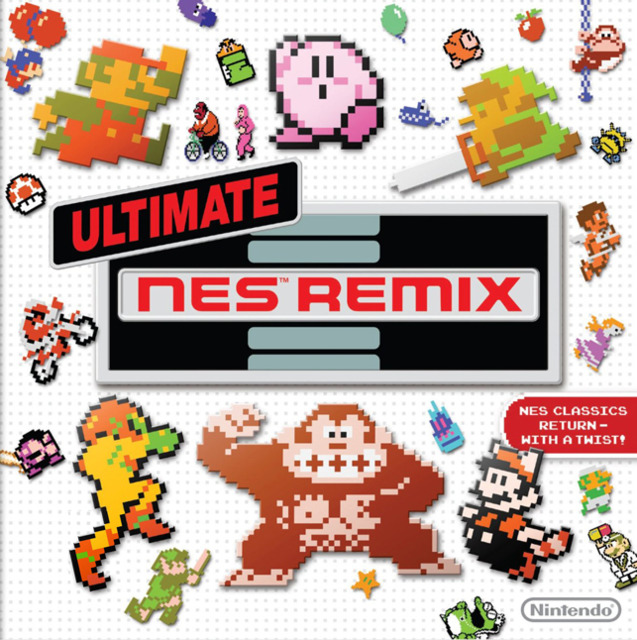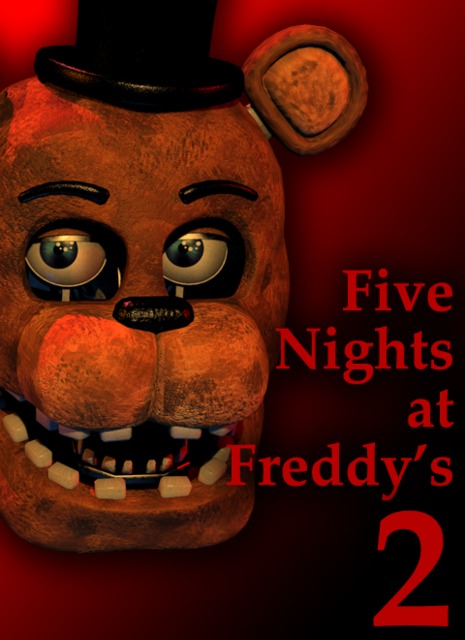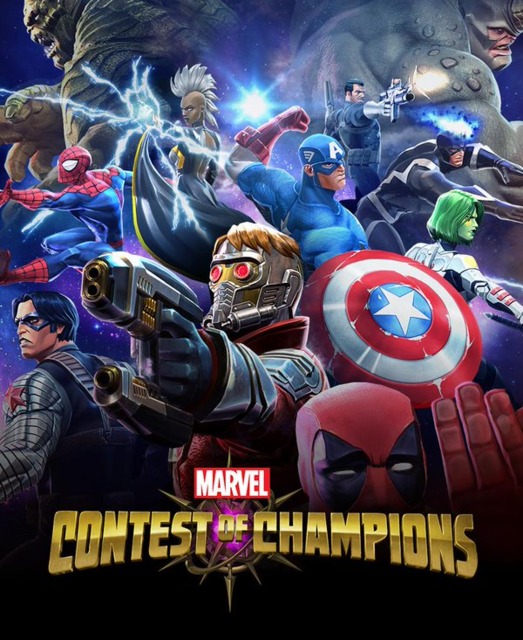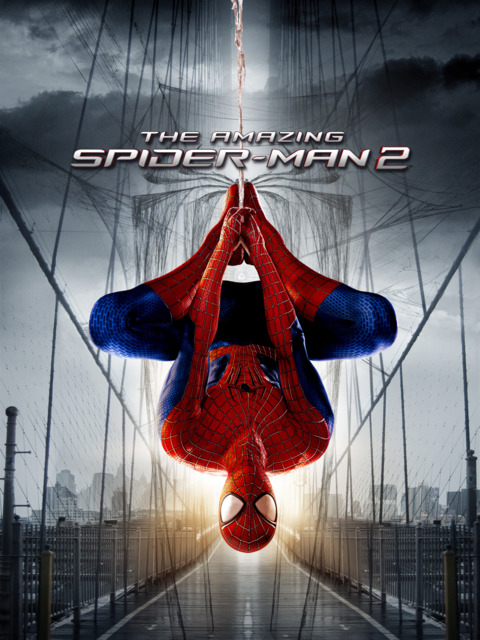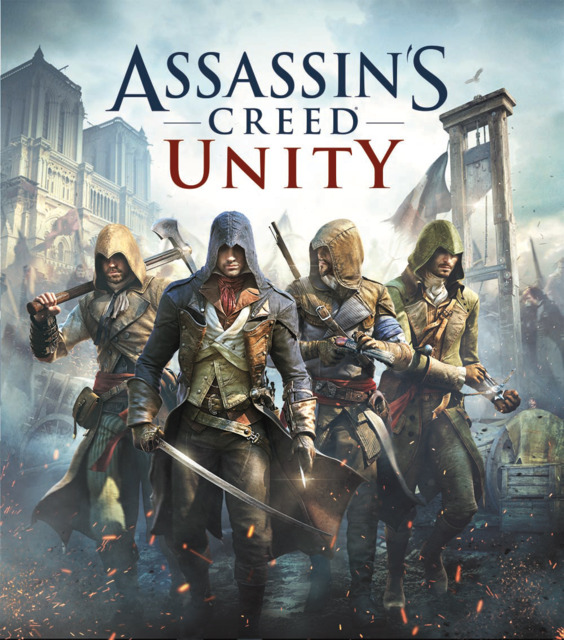I'm going to say something that will sound like hyperbole, so I want to make it super, super clear that this isn't at all an exaggeration on my part but something I've thought pretty carefully about: Assassin's Creed Unity is one of the worst games ever developed by a major video game developer, one of the very worst games I've ever played, and one of the just straight-ahead dumbest portrayals of a major historical event I've ever seen in any medium, video games or otherwise. If Ubisoft's reactionary The Division series didn't exist, it would very easily be the worst Ubisoft game of all time.
Assassin's Creed Unity primarily takes place in Paris during the French Revolution, and its setting is lavishly produced, teeming with regular people navigating the chaos of a nation in turmoil. It's great! Except, every other part of the experience, every single action available to the player, every narrative conceit intertwined with the setting, is - just- the worst shit on the planet.
First, the easiest and most obvious problem to discuss: the parkour problem. Assassin's Creed mostly automated free running mechanics often make for some sloppy, imprecise gameplay, and it's a consistent problem in the series that players will accidentally clamber over walls when they mean to simply walk into a building or dive spinal-column first into a bale of hay when they mean to leap from rooftop to rooftop (always with the fucking bales of hay in this series).
In Unity, the free running mechanics have been *greatly* automated, even more so than in past titles. It used to be that the player could use the right trigger to switch between the binary of 'quiet' actions (walking, blending with crowds, slow-climbing) and 'loud' actions (sprinting, shoving people out of the way, leaping into those goddamned bales of hay). In Unity, the player holds the 'loud' actions trigger and then holds either the 'ascend' button or the 'descend' button, at which point the player character will randomly choose whatever path is easiest to take that will either 'ascend' or 'descend' the player. In practice, this means that there is very little time at all in which the player gets to make any fine-grain decisions about navigation *whatsoever,* and that the A.I. gets free reign to, say, leap directly into a well when the player is literally trying to *go to the store*, or that the A.I. might leap, as driven by a spur of the moment suicide, from a fifth floor balcony to the city streets rather than, say, climb into a window from the outside. It's a fucking *nightmare* to play Unity if you care at all about tackling a level with stealth, because you're never 100% certain of where your body will be at any given moment. The snap-to-cover system, even, makes the occasional leap-of-logic; 'oh, you meant, take cover behind the wall directly adjacent to you? I thought you meant you wanted me to fling you smack into the path of the guy you're hiding from!'
The narrative aspect of Unity - boy, where to even start. I literally don't think I have the energy to dig into the sheer scale of the bullshit, weasely Ubisoft centerism that's interspersed throughout the paint-by-numbers action movie dialogue. I'll try to put this as succinctly as possible: in Assassin's Creed Unity, we learn that the Templars - an illuminati-style group bent on achieving a total and invisible control of humanity - stage the French Revolution by propagandizing the French people (probably not that hard to do, considering we see many of them starving on the street in this game, which - y'know - *maybe that itself explains some of the discord here???) and seeding the movement with violent thugs. Meanwhile, the assassins, whose entire ideology - like, down to the very bones of the movement, it's *literally* in their charter - is that people *must* have the ability to make choices of their own free will - god - anyway, the assassins anachronistically decide to kill French revolutionaries by the hundreds in a series of violent covert operations in order to keep the people who hoard all the resources of the society (y'know, the very inciting incident that disallowed people the freedom to live their lives) in power.
In other words, Unity takes the viciousness of the French Revolution - the bloodthirsty decapitations and the "eat the rich" attitudes of legend - and stupidly dismisses the material context which propelled that movement for narrative purposes, making the entire scenario bewildering and arbitrarily cruel. Worse, it assigns the 'blame' of the populist uprising as the result of (what else?) an evil Templar conspiracy that seeks to prove "the people" (aka everyone who isn't a Templar) don't actually want material power by means of...giving them...all of the power of the state...?
The incoherent plot reflects badly on Unity's creative leads for two reasons. The first is: this is an *extremely* circuitous and nonsensical action for an illuminati-style global cabal that seeks unparalleled control of the entire Earth to make. 'In order to further control the populace, we'll allow them to behead us, the people who control them, whenever they want. That will make them feel so weird they'll cede power back to us." Hey, Assassin's Creed Unity, what the fuck are you talking about?????????????????????????
The second reason Unity's story reflects badly on the creative leads, and this is probably worse, is that, in order for the conceit to make any sense, real figures of history that were (or ended up) on the side of the people's movement are re-contextualized as (I promise I am not putting a slant on this, this is literally, actually how these people are typically presented in this game) bloodthirsty serial killers who get a weird kick out of mass murder. This is an *extremely* transparent rewriting of history with an extremely clear reactionary ideological slant.
I mean, I'm not, like, decoding some hyper-specific subtext from this game, in saying all this. The creative director - and I find knowing this actively unpleasant, like, it hurts to have this rattling around in my brain - the creative director was out there, in 2014, giving interviews in which he explained 'if you go too far to the left or the right you end up right back in the same place, and Assassin's Creed Unity is an expression of that idea.' He also went on to say that, if players are playing through the Assassins Creed series and thinking 'these assassins seem like the good guys and the templars seem like bad guys,' then they've misunderstood the entire series, which is incredible. This framework for understanding political action is called the 'horseshoe theory,' and the horseshoe theory is a stupid ideology for babies. You can disprove it *within the text of these games*, even!!!
What happened in the game *directly preceding* Unity, Assassin's Creed IV? You fought *slaveholders." The templars were buddy-buddy with slaveholders, and you and your assassin buddy killed those slaveholders to free the slaves. In that political conflict - which, slavery and the abolition of slavery are obviously literal, real political movements from history and therefore worthy of consideration in the context of political thought, fictional or otherwise - "slaves should not be allowed to exist as a concept" and "I should be able to own human beings" are the polar ends of this debate. I would love someone to explain to me, in clear terms, how exactly you could go "so far left" of anti-slavery that you end up being the same as the slave-holding Templars. You can't!!! Because these ideas are incompatible!!! Welcome to politics!!
Constantly throughout Assassin's Creed Unity, the protagonist makes these bitchy comments about the revolutionaries and the mobs of average people who siege castles and reclaim territory from the controlling estates of Paris. He calls them "bloodthirsty," he makes comments about the low intellect of the mobs. Historical figures from the revolution who DIDN'T resort to violence, like leading figures in the women's march, are placed on a pedestal above the revolutionaries who DID resort to violence, like Robespierre. The idea seems to be, if you use violence to achieve your political goals, you're inherently an evil person and deserve to fail. But there's a problem with this. Can you guess what it is? It seemed pretty easy to figure out to me because, oh I don't know, in this story you play the role of AN ASSASSIN!!!!!!! IN A SERIES CALLED ASSASSIN'S CREED!!!! MURDER, TO YOU, GOES BEYOND IDEOLOGY AND INTO CULT STUFF!!!
OK, sorry, all done with this. Abysmal.
